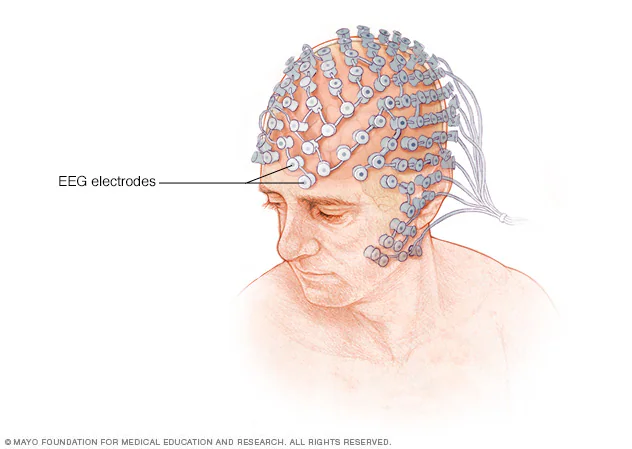Psychology modules 9-16
1/32
Earn XP
Description and Tags
Vocabulary
Name | Mastery | Learn | Test | Matching | Spaced |
|---|
No study sessions yet.
33 Terms
Multiple sclerosis
Communication to muscles slows with eventual loss of muscle control caused by myelin sheath degeneration
Action potential
electrical charge that travels down axon
resting potential
positive charge ions outside of axons membrane and negative inside
Refractory period
Period of inactivity after a neuron has fired
Threshhold
The level of stimulation required to trigger a neutral impulse(action potential)
Frontal Lobe
Front of brain behind forehead. Functions: planning, voulantary movement, personality traits,
Motor Cortex
Rear of frontal lobes, control voluntary movement
Somatosensory cortex
Front of partial lobes, registers & processes body touch & movement sensations
Association areas
Most of brains cortex, involved in learning, remembering, thinking, & other higher level functions
Glial cells
support, nourish, & protect neurons. Role in learning & thinking. Glial cells make myelin sheath(fatty tissue layer that holds axons (transmission & growth)
Localization of functions
What parts of the brain do(function) branch off from phrenology.
Synapse
Space between neurons, synaptic gap in between cells
Myelin Sheath
Speed conduction of action potential(hopping of myelin sheaths gaps), protects neurons from electrical signals from other neurons from entering axon. Fatty cells.
Random Assignment
Assignment of sample into two groups(experimental & control) in experimental studies, By chance
Random sample
Gives all participants equal opportunity of participating in experiment, ind. from larger population to represent populaiton as a whole
Brain Stem
consists of medulla, controls basic functions such as breathing and heartbeat
Thalamus
Sesnory input system, ex smell
Cerebellum
involved with coordination, sends input to motor Cortex
Electroencephalagram(EEG)
Electrodes taped to the outer head, shown in graphs to show neuron firing/ electrical patterns. Neuronal activity

Areas of brain that affect language
Left hemisphere(Broca’s & Wernicke’s area)
Difference of Wernicks vs. Broca’s area
Broca’s produce speech & Wernicks comprehend speech. Damage can lead to aphasia
contra lateral hemispheric organization
opposite brain hemisphere side for opposite body functions & visual fields
Kinds of inattention
Blindness, change blindness(not noticing changes of environment) & choice blindness(thinking two choices which are the same are different due to prior knowledge but not noticing)
Right hemisphere
involved in facial recognition, perception, cues, left body side movement,
Reticular activitation(formation)
Involved in arousal and consciousness within brain stem, filters relevant information, involved in sleep cycles
Neurotransmitters
ACh, dopamine, glutamate, endorphins, noneprphremine, epinephrine, serotonin,
Ach(acytocline) function & malfunctions
Enables muscle action, learning, and memory. Malfunctions: ACh-producing neurons deteriorate, Alzheimer’s disease
Dopamine
Influenced movement, learning, attention, & emotion. Malfunctions: oversupply=schizophrenia; under supply=tremors & decreased mobility in Parkinson's disease
Seretonin
Affects mood, hunger, sleep, & arousal. Malfunction: Under supply=depression, antidepressants raise serotonin levels
Norepinephrine
Helps control alertness & arousal. Malfunctions: undersupply=depressed mood
GABA(gamma-aminobutyric acid)
A major inhibitory transmitter. Undersupply=seizures, tremors, & insomnia
Glutamate
Exitatory neurotransmitter. Oversupply=overstimulate brain, producing migraines or seizures(MSG, monosodium glutamate in food)
Transduction
The transformation of one form of energy to another, typically stimuli signals into neutral impulses in our body. Three steps include receive, transform, & deiliver